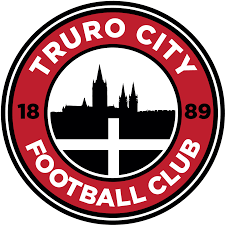Exploring Sunderland A.F.C: History, Performance, and Future
Introduction
Sunderland A.F.C., commonly known as Sunderland, is a professional football club based in Sunderland, England. The club holds a significant place in English football history, with a rich legacy and a passionate fanbase. As they navigate through the complexities of modern football, Sunderland’s journey is a microcosm of the challenges faced by traditional clubs in an evolving sport. Understanding their current circumstances offers insights into the dynamics of English football.
Recent Performances
In recent seasons, Sunderland A.F.C. has experienced a roller-coaster of emotions, from relegation struggles to promotion celebrations. The club was relegated from the Premier League at the end of the 2016-2017 season, leading to a tumultuous period. After two seasons in League One, Sunderland secured promotion to the EFL Championship in May 2022, highlighting a resurgence in form and cohesiveness under manager Alex Neil.
However, the 2022-2023 Championship season proved to be a challenging campaign as the Black Cats aimed to establish themselves in the second tier of English football. Despite facing fierce competition, Sunderland showcased impressive performances, particularly at their home ground, the Stadium of Light, which saw an increase in attendances and support.
Key Players and Management
The team’s success is often attributed to several key players such as Ross Stewart, who was a pivotal figure in their attacking line, and goalkeeper Anthony Patterson, who continues to impress with his performances. The management team, under head coach Tony Mowbray, has been focusing on building a squad that not only relies on experience but also integrates young talents, emphasising a sustainable growth approach.
The Future of Sunderland A.F.C.
Looking ahead, Sunderland A.F.C. aims to solidify its position in the Championship and potentially make a push for promotion to the Premier League. This aspiration is supported by the club’s investment in player development and facilities. The club’s financial stability is crucial to ensure that they can compete at higher levels without jeopardising their long-term viability.
Conclusion
In conclusion, Sunderland A.F.C. embodies the spirit of resilience that is prevalent in football. With a storied history and a loyal fanbase, their current trajectory offers a glimpse into the potential revival of a club aiming to reclaim its status among the elite of English football. As Sunderland continues to navigate the complexities of competitive play, its future will depend on strategic management, player performance, and community support.








